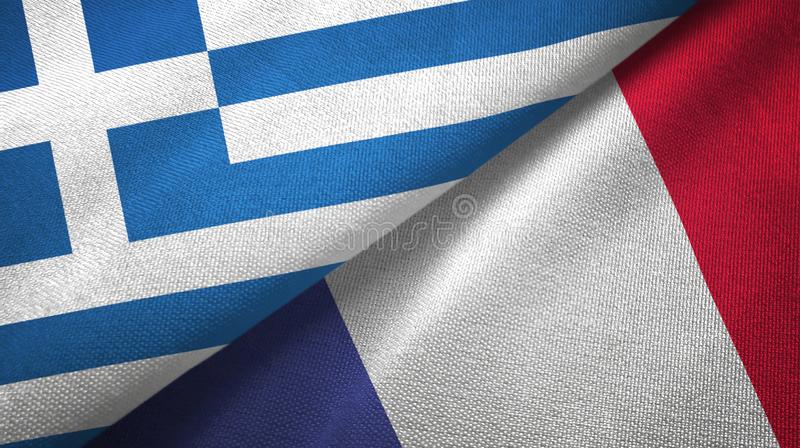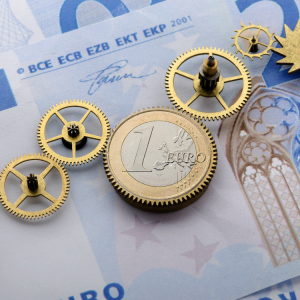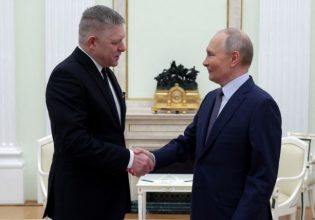
Editorial Ta Nea: Mutual assistance, European defence
Turkey has not abandoned its rhetoric regarding the so-called “Blue Homeland” [which poses a direct threat to Greek sovereign rights], and Greece cannot remain indifferent to Ankara’s effort to become a basic pole in the broader region.
The further deepening of Greece-France relations is exceptionally positive.
The agreement signed today includes a mutual defence pact and provides for Greece’s purchase of French next generation Belharra frigates, among other procurements, in the framework of the new, revised proposal that was submitted by the French side.
No one can turn a blind eye to Turkey’s strategy of aggression and there is always a military component in deterrence.
Turkey has not abandoned its rhetoric regarding the so-called “Blue Homeland” [which poses a direct threat to Greek sovereign rights], and Greece cannot remain indifferent to Ankara’s effort to become a basic pole in the broader region.
The third and most substantial meeting in a brief timespan between Prime Minister Kyriakos Mitsotakis and French President Emmanuel Macron is linked to a parallel European signal that Turkish provocations are not just a unilateral Greek affair.
It activates a total European defence and exhibits decisiveness, especially due to the mutual assistance clause in the event of a threat to the signatories.
One might go a step further to say that in its entirety, the new Greece-France relationship that was sealed today with the signing of the agreement in Paris is a precursor to a real European defence in an emerging, new geopolitical terrain.
The agreement signed in Paris is a part of EU cohesion.
Ακολουθήστε το in.gr στο Google News και μάθετε πρώτοι όλες τις ειδήσεις






































 Αριθμός Πιστοποίησης Μ.Η.Τ.232442
Αριθμός Πιστοποίησης Μ.Η.Τ.232442